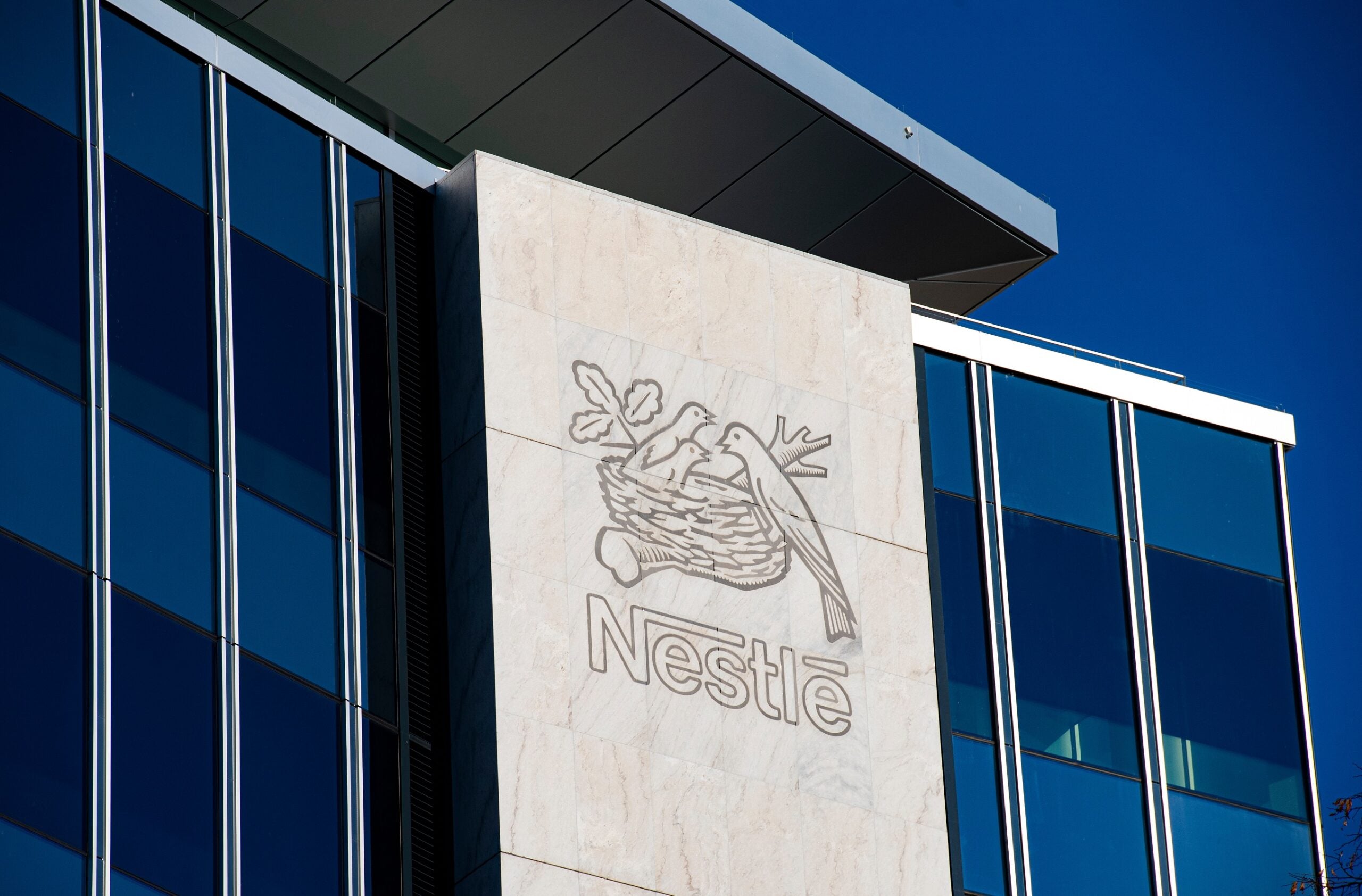[ad_1]

Nestlé is to stop using carbon offsets and withdraw its pledges to make certain brands ‘carbon neutral’.
The world’s largest food maker, which in recent years has announced ‘carbon neutral’ targets for brands including KitKat and Nespresso coffee, said it would instead invest in cutting its greenhouse-gas emissions.
“We are moving away from investing in carbon offsets for our brands to invest in programs and practices that help reduce GHG emissions in our own supply-chain and operations, where it makes the most difference to reach our net zero ambition,” a Nestlé spokesperson said. “Our net zero roadmap does not rely on offsets. We focus on GHG emissions reductions and removals within our value chain to reach our net zero ambition.”
Nestlé has set a target of “net zero greenhouse gas emissions” by 2050.
The company is aiming to cut its scope 1, 2 and 3 emissions by 20% by 2025 against a 2018 baseline. By 2030, Nestlé wants to achieve a reduction of 50%.
In Nestlé’s 2022 annual report, the company said its emissions had fallen below the 2018 baseline for the first time since introducing its net-zero plans in 2021 despite generating higher revenues.
Two years ago, the Swiss giant made a pledge for its KitKat chocolate brand to be carbon neutral by 2025. At the time, the company said it would look to lower emissions through changes to ingredient sourcing, manufacturing and distribution but added it would use “high-quality offsetting based on natural climate solutions”.
Nestlé is the latest major consumer name to announce it would move away from using the term ‘carbon neutral’.
In 2021, UK foodservice chain Leon claimed a first with its “carbon neutral burger and fries” but last year faced criticism over the credibility of the offsets it was using. It has now started “phasing out the carbon messaging across our channels”; information has since disappeared from its website.
However, last month, Danone criticised a lawsuit challenging the ‘carbon neutral’ claim made on bottles of Evian spring water.
The suit, filed in October 2022, alleges that Evian bottled water is not carbon neutral based on “how a reasonable consumer would understand the term”.
Additional reporting from David Burrows.
[ad_2]
